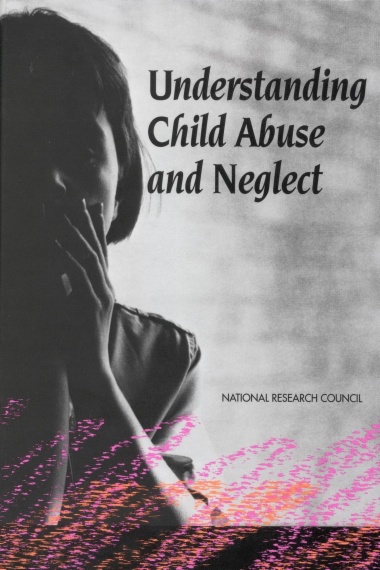The tragedy of child abuse and neglect is in the forefront of public attention. Yet, without a conceptual framework, research in this area has been highly fragmented. Understanding the broad dimensions of this crisis has suffered as a result.
This new volume provides a comprehensive, integrated, child-oriented research agenda for the nation. The committee presents an overview of three major areas:
- Definitions and scope—exploring standardized classifications, analysis of incidence and prevalence trends, and more.
- Etiology, consequences, treatment, and prevention—analyzing relationships between cause and effect, reviewing prevention research with a unique systems approach, looking at short- and long-term consequences of abuse, and evaluating interventions.
- Infrastructure and ethics—including a review of current research efforts, ways to strengthen human resources and research tools, and guidance on sensitive ethical and legal issues.
This volume will be useful to organizations involved in research, social service agencies, child advocacy groups, and researchers.
- Cover
- FRONT MATTER
- SUMMARY
- 1 INTRODUCTION
- 2 IDENTIFICATION AND DEFINITIONS
- 3 SCOPE OF THE PROBLEM
- 4 ETIOLOGY OF CHILD MALTREATMENT
- 5 PREVENTION
- 6 CONSEQUENCES OF CHILD ABUSE AND NEGLECT
- 7 INTERVENTIONS AND TREATMENT
- 8 HUMAN RESOURCES, INSTRUMENTATION, AND RESEARCH INFRASTRUCTURE
- 9 ETHICAL AND LEGAL ISSUES IN CHILD MALTREATMENT RESEARCH
- 10 PRIORITIES FOR CHILD MALTREATMENT RESEARCH
- APPENDICES
- A PANEL ACTIVITIES
- B SUPPLEMENTARY VIEWS
- C BIOGRAPHICAL SKETCHES
- INDEX

